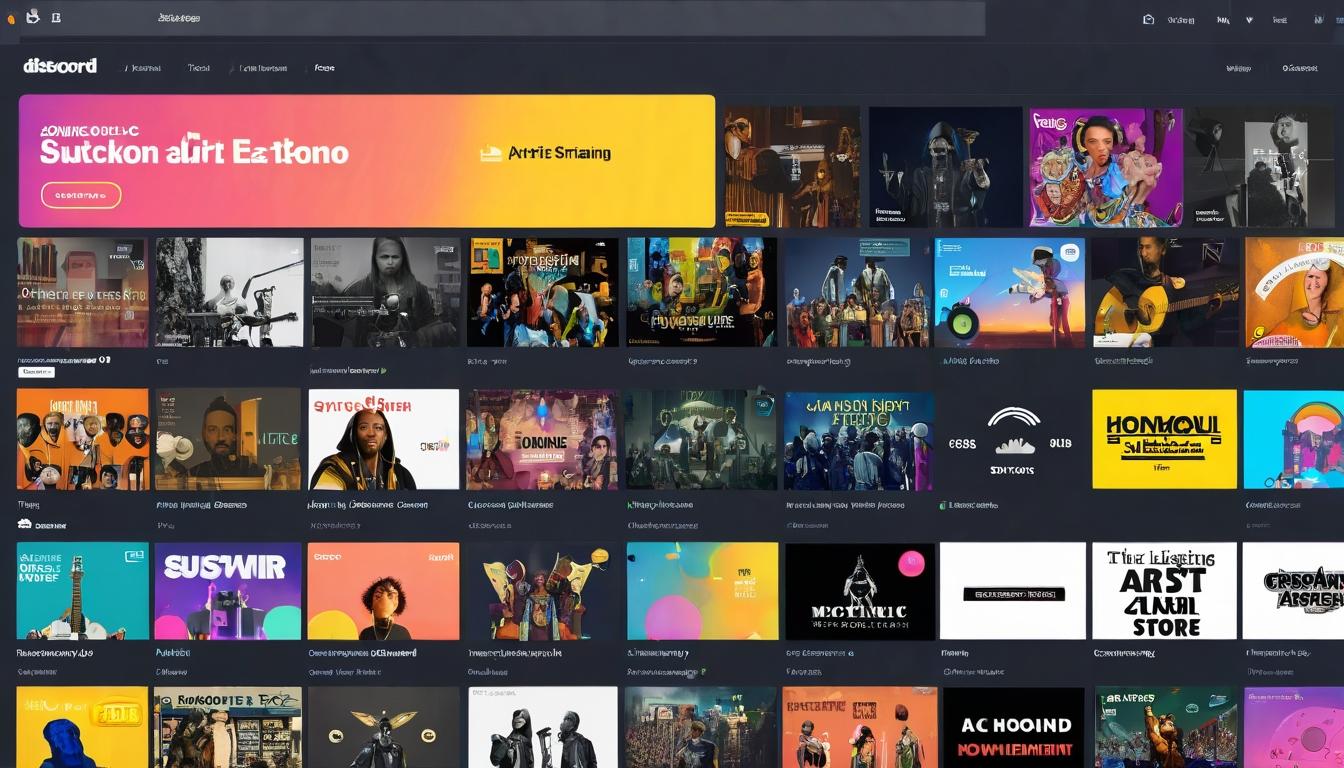In the shadow of Spotify's algorithmic playlists and TikTok's viral snippets, a curious phenomenon is unfolding across music communities. While mainstream platforms chase engagement metrics, a network of niche forums, private Discord servers, and analog listening sessions is quietly rebuilding how genuine music discovery happens. This isn't about rejecting technology—it's about human curation reclaiming territory from the machines.
Walk into any independent record store on a Saturday afternoon and you'll witness the physical manifestation of this shift. Customers aren't just browsing; they're engaging in elaborate rituals of recommendation. A clerk hands a customer an obscure Japanese city pop reissue while explaining its connection to current lo-fi hip-hop trends. Two strangers compare notes on Zambian rock from the 1970s. This tactile, conversational discovery method has become the underground response to algorithmic homogeneity.
Meanwhile, platforms like Bandcamp are experiencing a renaissance precisely because they facilitate these human connections. Artists can see exactly who bought their music, fans can leave detailed comments, and the entire ecosystem feels more like a community than a consumption platform. When Bandcamp Fridays roll around, the collective energy feels more like a neighborhood block party than a digital transaction—a stark contrast to the lonely scrolling through automated recommendations on major streaming services.
This movement extends to physical media's unexpected resurgence. Vinyl sales continue breaking records not just because of nostalgia, but because the format forces intentional listening. There's no skipping, no shuffle mode, no algorithm suggesting what comes next. The listener commits to an entire side of an album, creating space for deeper engagement with music that algorithm-driven streaming often discourages.
Even within digital spaces, communities are developing workarounds to reclaim discovery. On Discord servers dedicated to specific genres, members organize listening parties where everyone plays the same album simultaneously while discussing it in real-time. These sessions often focus on new releases from independent labels that would never surface in mainstream algorithmic feeds. The conversations that emerge—about production techniques, lyrical themes, cultural context—create meaning that transcends simple consumption.
The most fascinating development might be how artists themselves are subverting algorithmic expectations. Some are deliberately creating music that doesn't fit neatly into genre categories, making it harder for algorithms to categorize and recommend. Others are releasing music exclusively through unconventional channels—limited cassette runs, secret SoundCloud links shared in newsletters, or even QR codes hidden in physical art installations.
This isn't just about being contrarian; it's a survival strategy in an attention economy where algorithmic visibility determines careers. By building direct connections with audiences outside algorithmic systems, artists create sustainable fanbases that aren't subject to the whims of platform changes. The most forward-thinking managers now measure success not just by streaming numbers, but by the health of these direct artist-fan relationships.
What emerges is a music ecosystem operating in parallel to the mainstream—one where credibility comes from deep knowledge rather than viral metrics, where discovery happens through conversation rather than calculation, and where the value of music is measured by its ability to create community rather than just generate clicks. As one vinyl collector told me while carefully handling a rare Brazilian MPB record, 'The algorithm shows you what you already know. Real discovery happens when someone hands you something and says 'trust me.'
The implications extend beyond just how we find new music. This human-centric approach challenges fundamental assumptions about the music industry's future. If audiences increasingly value curated experiences over algorithmic convenience, it could reshape everything from how labels sign artists to how festivals are programmed. The quiet revolution in music discovery might just be the first tremor in a larger seismic shift toward prioritizing human connection in our digital lives.
The quiet revolution reshaping music discovery while algorithms sleep

